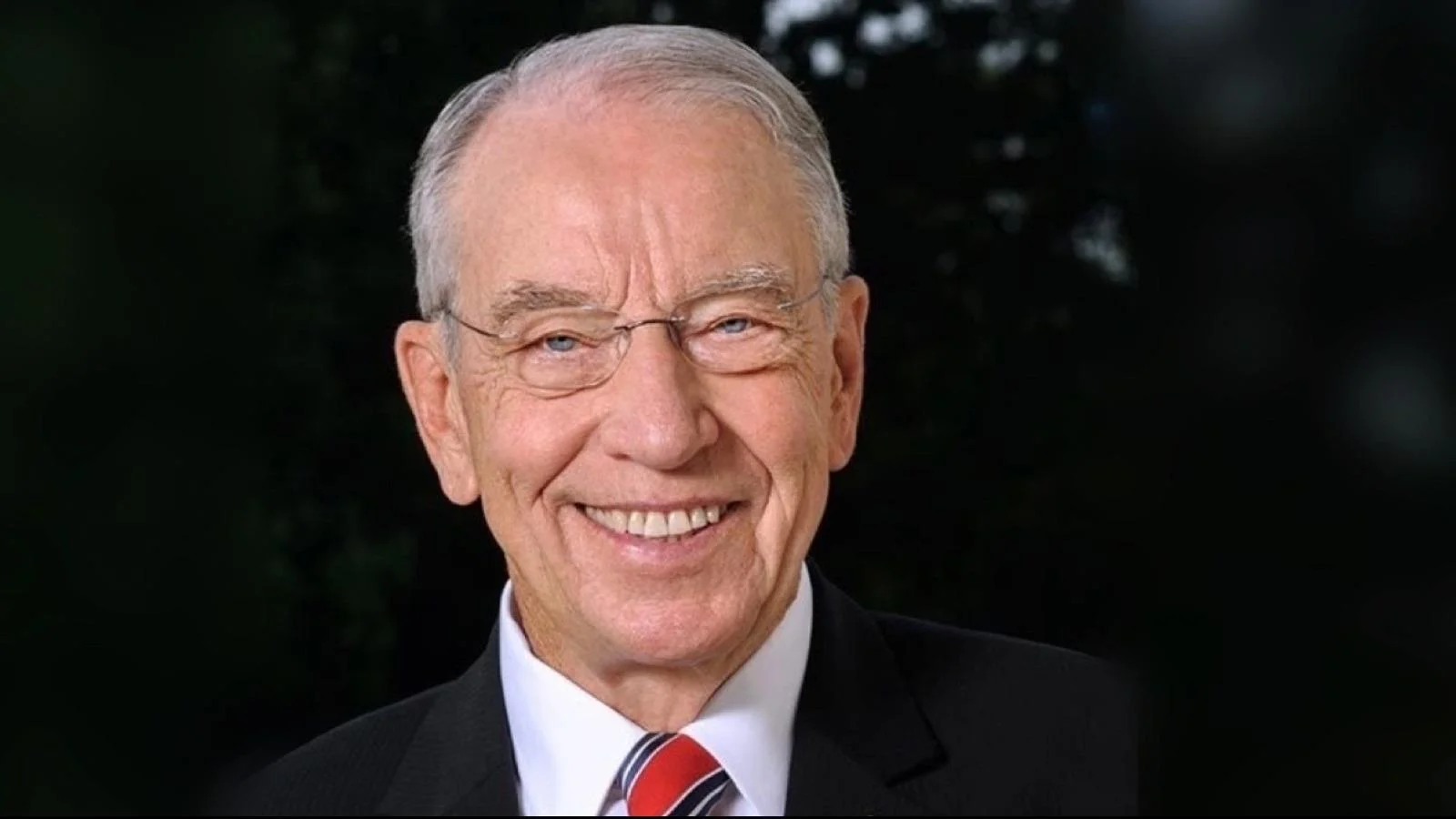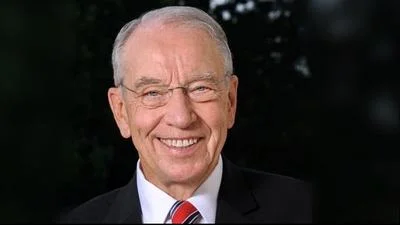Senator Chuck Grassley | Official U.S. Senate headshot
Senator Chuck Grassley | Official U.S. Senate headshot
Senator Chuck Grassley, the only grain farmer currently serving in the United States Senate, recently discussed his decision to hold a Judiciary Committee hearing on consolidation within the farm sector. Grassley explained that farmers across Iowa are facing significant challenges as they plan for upcoming seasons, including high input costs, expensive borrowing rates, and global trade uncertainty.
"Today U.S. farmers are feeling crushed with uncertainty as they make plans to purchase inputs and take out lines of credit to pay the bills and stay afloat. At my annual county meetings, local co-ops and in communications with my office, Iowa farmers tell me they’re feeling pinched by matters out of their control, including high input costs, high borrowing costs and global trade uncertainty," Grassley said. "I held the committee hearing to look under the hood of market concentration in the ag sector and examine how it drives up the cost of production for family farmers and impacts food security for American families."
Grassley highlighted concerns about agribusiness consolidation among large multinational companies involved in fertilizer production, seed supply, and equipment manufacturing. He stated that increased concentration could result in exclusionary or anticompetitive practices affecting both farmers’ livelihoods and national food security.
"I’ve led the charge in Congress to beef up enforcement of anticompetitive practices and led bipartisan scrutiny of agricultural mergers. Nearly a decade ago, I referred to the consolidation wave in agribusiness as a tsunami. Left unchecked, concentration can lead to exclusionary, anticompetitive practices that impact farmers and the food supply chain," he added.
The senator also pointed out that fertilizer expenses are projected by USDA estimates to account for 36% of corn growers’ operating costs next year. To address these issues, Grassley has introduced legislation requiring USDA research into competition trends within fertilizer markets.
Testimony at the hearing included perspectives from two Iowans working directly within agriculture. Noah Coppess operates both a farm near Stanwood in Cedar County and an agricultural retail business supplying pesticides and fertilizers. He described how industry consolidation has reduced marketing opportunities for producers: "He said consolidation has significantly limited marketing opportunities for farmers, with four big meatpackers dominating beef, pork and poultry processing." Coppess also noted difficulties arising from opaque pricing structures following mergers in chemical and seed markets.
According to USDA data referenced during testimony at the hearing, net farm income in Iowa declined sharply—falling 53% between 2024’s nearly $14.9 billion down to $7 billion—while input costs remained high.
John Latham shared insights from his family-owned independent seed business based in Franklin County—a company started by his grandfather more than seventy years ago. Latham warned about “predatory” anticompetitive behavior from larger multinational firms: "He testified independent businesses like theirs are going out of business because of the powerful and 'predatory' anticompetitive practices of multi-national companies." Latham compared these actions to those seen among pharmaceutical companies seeking to limit generic competition through intellectual property strategies; he further explained how technology royalties have risen between 40%–80% over four years.
Grassley reiterated his commitment toward legislative oversight aimed at controlling rising input prices—citing efforts such as opposing duties on Moroccan phosphate imports—and expressed appreciation for federal coordination on antitrust enforcement following recent partnership announcements between DOJ officials and USDA leadership.






 Alerts Sign-up
Alerts Sign-up